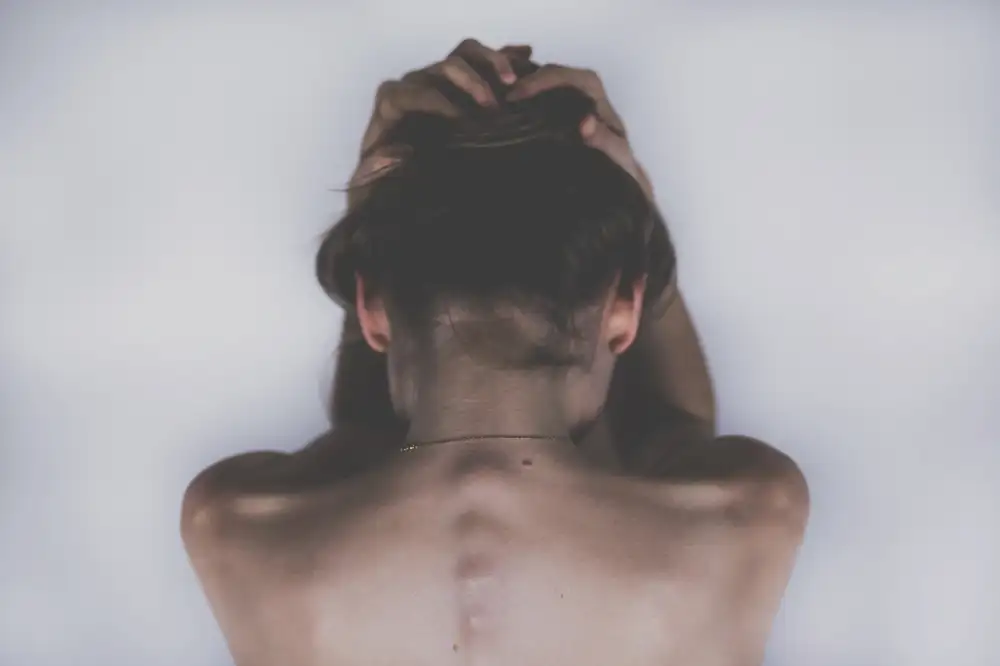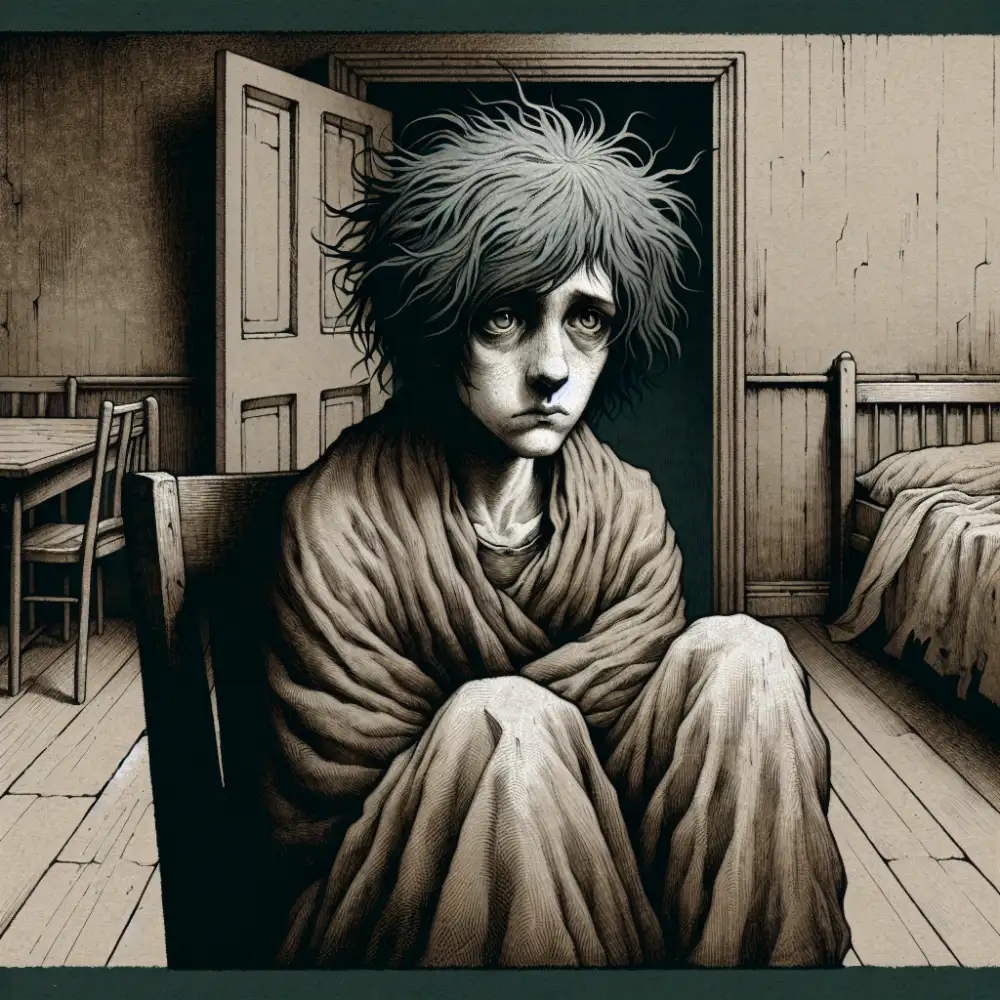Depression Matted Hair: What It Is and How to Cope

Depression and hair neglect
Depression can manifest in various ways, and neglecting one's appearance, including hair care, is a common symptom. When someone experiences depression, they may struggle with low energy levels, lack of motivation, and difficulty concentrating, making it challenging to maintain their usual hygiene routines. The simple act of showering, combing hair, or styling it can feel overwhelming and impossible. Consequently, individuals with depression may neglect their hair, leading to tangles, breakage, and an unkempt appearance. This neglect can further contribute to feelings of low self-esteem and worthlessness, exacerbating the cycle of depression. It's important to remember that hair neglect is not a character flaw but a potential symptom of an underlying mental health condition.
Physical impact of matted hair
Matted hair can cause a lot of pain and discomfort. When hair becomes matted, it forms tight knots that pull on the scalp. This can lead to headaches, neck pain, and even scalp infections. In severe cases, matted hair can even restrict blood flow to the scalp, which can damage hair follicles and lead to hair loss. If you have matted hair, it's important to address the issue as soon as possible to prevent further damage.
The strands, once vibrant, now lay limp and tangled, a physical manifestation of the storm raging within.
Elara Nightshade
Emotional toll of hair neglect
Neglecting your hair can significantly impact your emotional well-being. When you don't prioritize hair care, you might experience feelings of low self-esteem, lack of confidence, and even social anxiety. Unhealthy hair can make you feel self-conscious and less likely to engage in social situations or pursue personal goals.
Prioritizing hair care is not just about vanity; it's about self-care and feeling your best. Taking the time to nourish and care for your hair can positively impact your overall self-image and emotional health.
Seeking help from professionals
Sometimes, self-help strategies aren't enough. In these instances, seeking help from professionals is crucial. Mental health professionals like therapists, counselors, and psychiatrists can provide support and guidance tailored to your needs. They offer evidence-based treatments like therapy and medication to address the root causes of emotional distress. Remember, reaching out for professional help is a sign of strength, not weakness. It's an investment in your well-being and a step towards a happier, healthier you.
Gentle hair care routine
A gentle hair care routine is the key to healthy and happy locks. Start by brushing your hair before washing to prevent tangles and distribute natural oils. Use lukewarm water, as hot water can strip away moisture. Choose a sulfate-free shampoo and conditioner formulated for your hair type. Massage the shampoo into your scalp gently and avoid scrubbing too hard. Rinse thoroughly and apply conditioner from mid-lengths to ends.

Let the conditioner sit for a few minutes before rinsing. Pat your hair dry with a soft towel instead of rubbing it vigorously. Apply a leave-in conditioner or hair serum to protect your hair from heat styling and environmental damage. Avoid using heat styling tools too often, and when you do, use a heat protectant spray. Trim your hair regularly to prevent split ends and breakage.
Support from loved ones
A strong support system is crucial when facing challenges like addiction recovery. Loved ones can provide emotional support, encouragement, and understanding during difficult times. They can offer a listening ear, a shoulder to cry on, and a source of hope when it's most needed. Having a supportive network can make a significant difference in someone's recovery journey, providing the strength and motivation to stay committed to their goals. Remember, seeking help from loved ones is a sign of strength, not weakness.
Preventing future hair neglect
Once you've addressed the immediate issue of hair neglect, focus on establishing a healthy hair care routine. This means regular washing with a gentle shampoo and conditioner suited for your hair type. Don't forget deep conditioning treatments to replenish moisture and strengthen your strands. Be mindful of over-styling. Excessive heat from tools like straighteners and curling irons can lead to damage and breakage. If you must use heat, always apply a heat protectant spray beforehand. And remember, a healthy diet and lifestyle contribute to overall hair health. Stay hydrated, eat a balanced diet, and manage stress levels for happy hair from the inside out.
Published: 16. 06. 2024
Category: Food



